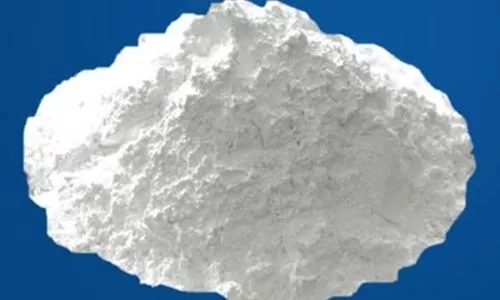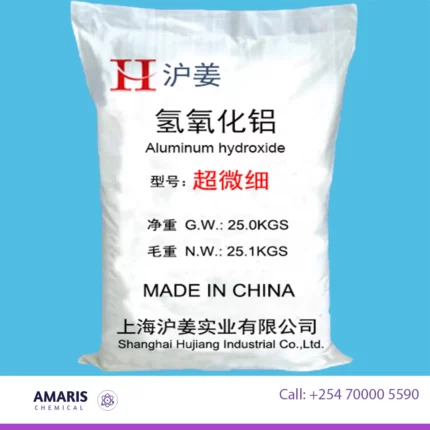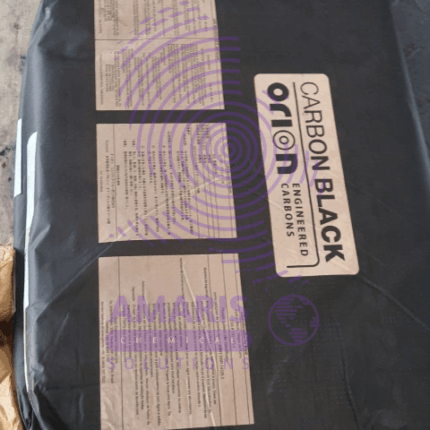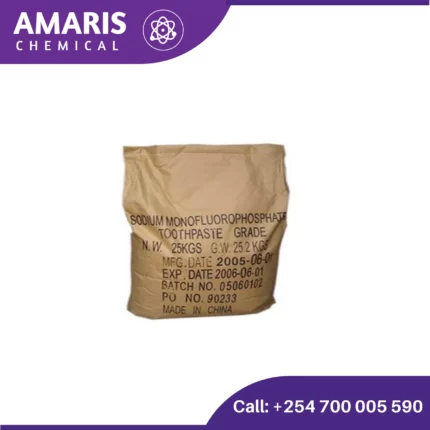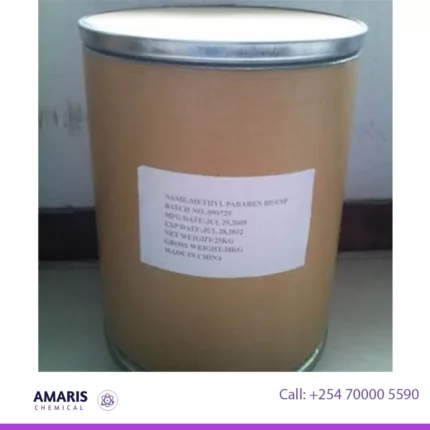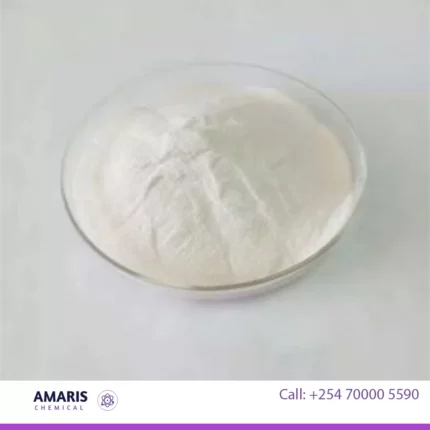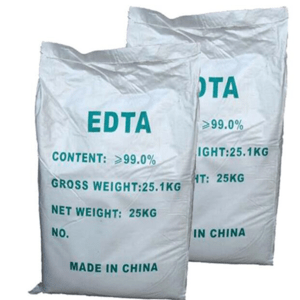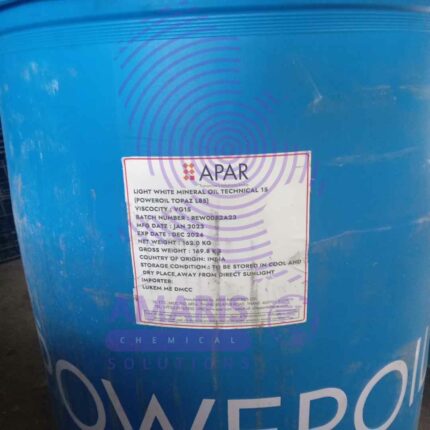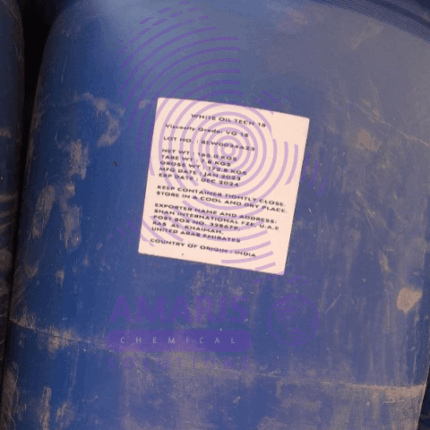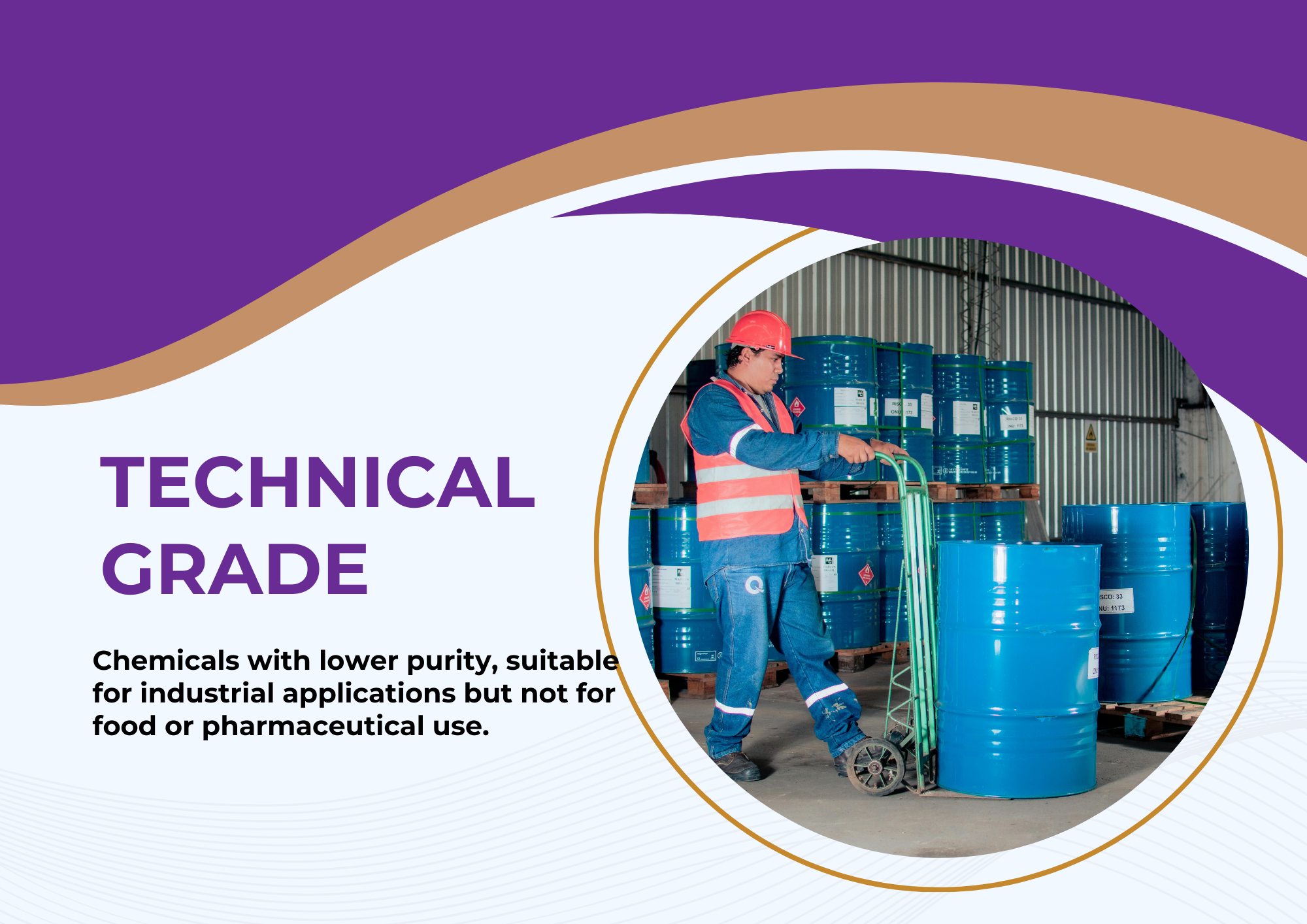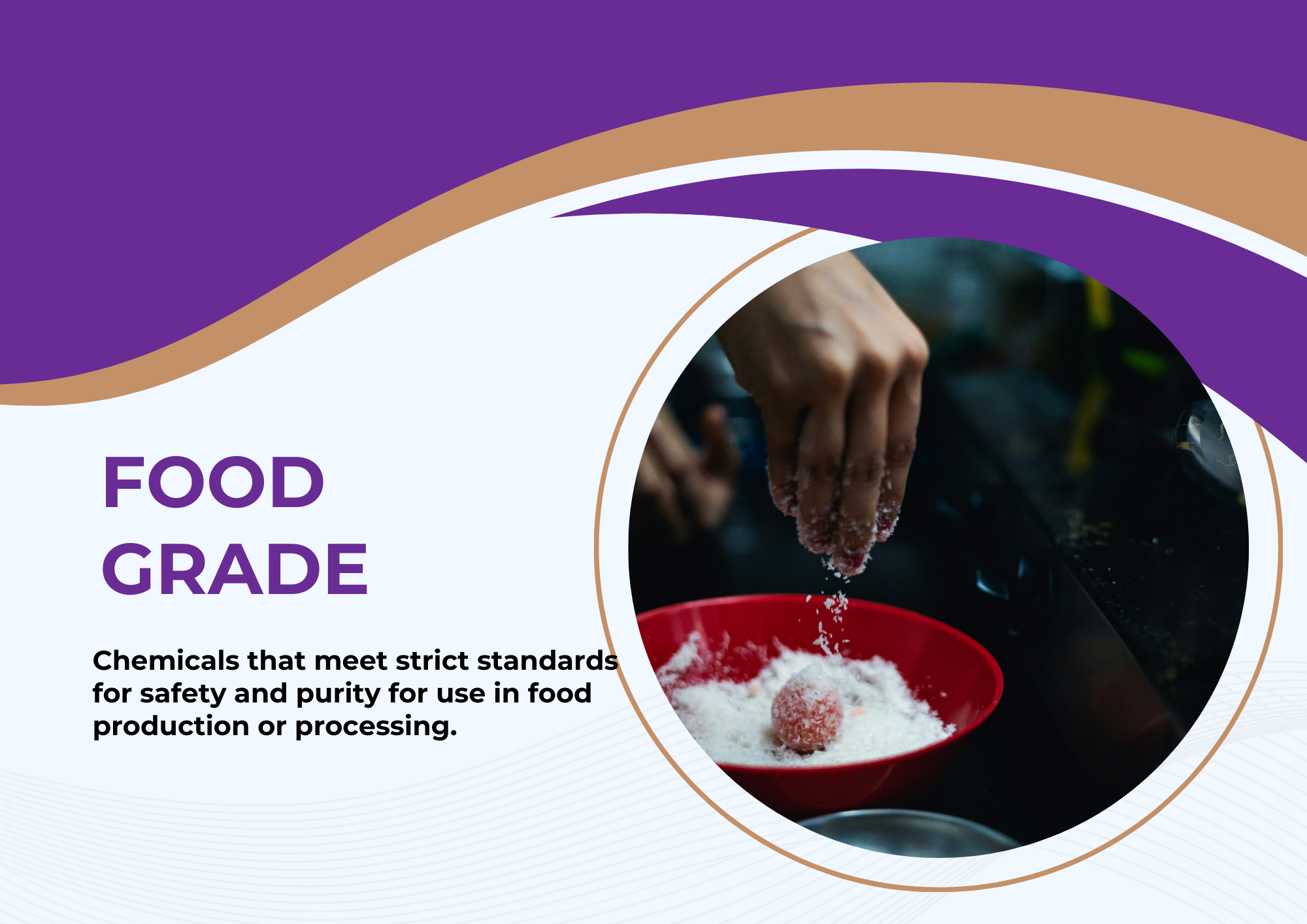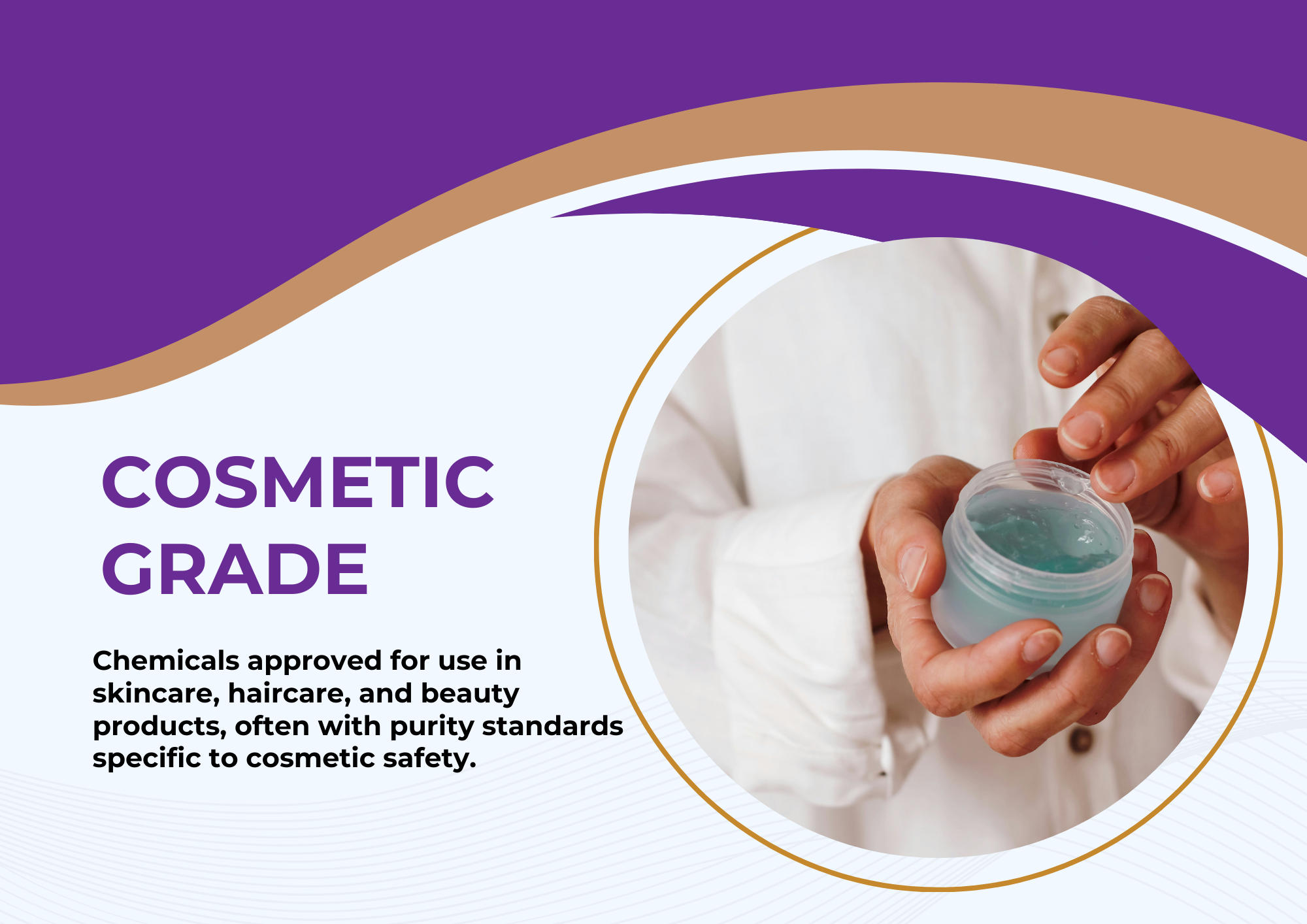“Diethanolamine [C4H11NO2 or (CH2CH2OH)2NH]” has been added to your cart. View cart
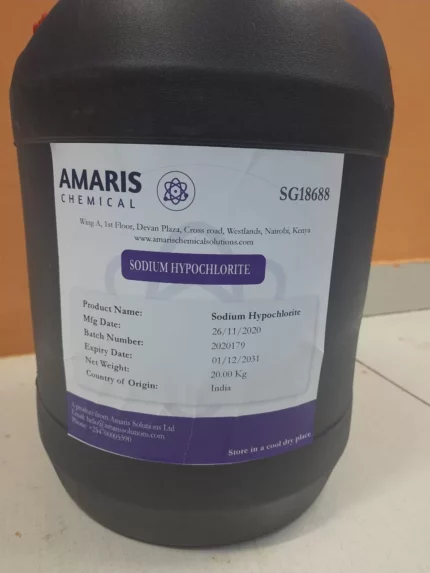
Sodium Hypochlorite 10-12% (Jik)
KSh5,500.00 Original price was: KSh5,500.00.KSh5,000.00Current price is: KSh5,000.00.
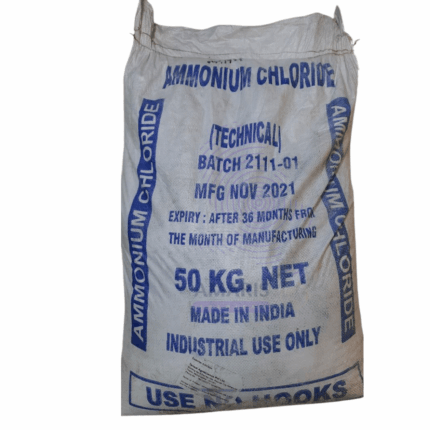
Ammonium chloride 50kg
KSh8,000.00 Original price was: KSh8,000.00.KSh7,800.00Current price is: KSh7,800.00.
Aluminium silicate
KSh9,500.00 Original price was: KSh9,500.00.KSh9,000.00Current price is: KSh9,000.00.
Aluminium silicate is a compound made up of aluminium, silicon, and oxygen, with the chemical formula Al2SiO5. It is also known as kaolin, a naturally occurring clay mineral that is widely used in a variety of industrial applications. Aluminium silicate is valued for its high temperature resistance, low thermal expansion, and good electrical insulation properties, which make it useful in the manufacturing of ceramics, refractory materials, and insulators. It can also be used as a filler in paper, paint, and plastics.
SKU:
ACS99317CHEM0
Categories: Excipients, Fillers and Reinforcements
Description
Aluminium silicate
- Ceramics and Refractory Materials: Aluminium silicate is widely used in the production of ceramics and refractory materials due to its high temperature resistance, low thermal expansion, and good mechanical properties. It is used to make high-quality porcelain, fine china, and other ceramics that are durable and have a smooth finish. In refractory materials, it is used as a component in firebrick, insulation, and castables.
- Paints, Coatings, and Pigments: Aluminium silicate is used as a filler and extender in paints, coatings, and pigments to improve their properties such as opacity, brightness, and resistance to wear and tear. It is also used as a flatting agent to reduce gloss in coatings.
- Plastics: Aluminium silicate is used as a filler in plastics to improve their mechanical properties such as stiffness, strength, and dimensional stability. It is also used as a flame retardant to reduce the flammability of plastics.
- Paper: Aluminium silicate is used as a filler in paper to increase its brightness, opacity, and printability. It also improves the paper’s surface smoothness and reduces ink absorption.
- Personal Care Products: Aluminium silicate is used as an ingredient in personal care products such as cosmetics, soaps, and toothpaste. It acts as a thickener, opacifying agent, and abrasive.
- Pharmaceuticals: Aluminium silicate is used as an inactive ingredient in some pharmaceuticals such as tablets and capsules. It is used as a diluent or filler to improve the flowability and compressibility of the active ingredient.
Overall, aluminium silicate has a wide range of industrial applications due to its unique properties and versatility.
Shipping & Delivery
Related products
Aluminum hydroxide
Aluminium hydroxide is a chemical compound with the formula Al(OH)3. It is an inorganic compound that is commonly used as an antacid to neutralize excess stomach acid, as well as a component in the manufacture of various products, such as ceramics, paper, and cosmetics. It is a white, powdery substance that is insoluble in water and has a low toxicity. When heated, it decomposes to produce aluminium oxide, or alumina, which is used in the production of aluminium metal.
Carbon Black 25kg
Powder Sodium Mono Fluoro Phosphate [Na2PO3F]
Sodium monofluorophosphate (Na₂PO₃F), commonly abbreviated as SMFP, is a compound used in dental care products, particularly toothpaste, for its anti-cavity properties. Here are some key points about it:
- Chemical Composition:
- Formula: Na₂PO₃F
- Molar Mass: 143.95 g/mol
- Appearance: White, odorless powder
Propyl paraben
Trilium EDTA 25kg
White oil 162kg
White oil is a highly refined, colorless, odorless, and tasteless mineral oil that is commonly used in a variety of industrial, cosmetic, and pharmaceutical applications. It is produced by refining crude oil to remove impurities, resulting in a pure and stable oil that is chemically inert and non-toxic. White oil is typically characterized by its high purity, low viscosity, and low volatility, which makes it an ideal choice for applications where cleanliness, stability, and safety are important. Some common uses of white oil include as a lubricant, a carrier oil for fragrances and flavors, a plasticizer in the manufacturing of plastics, and as an ingredient in personal care products such as lotions and creams.

